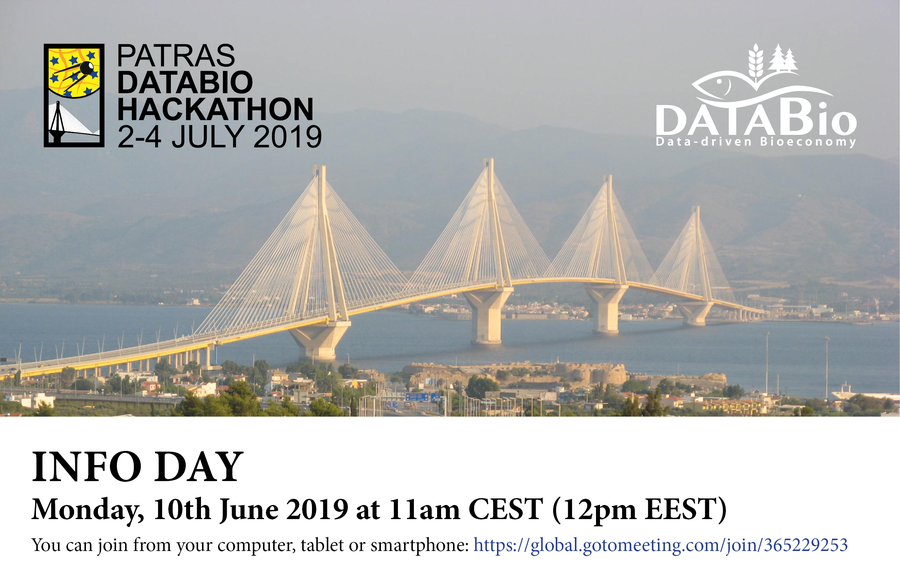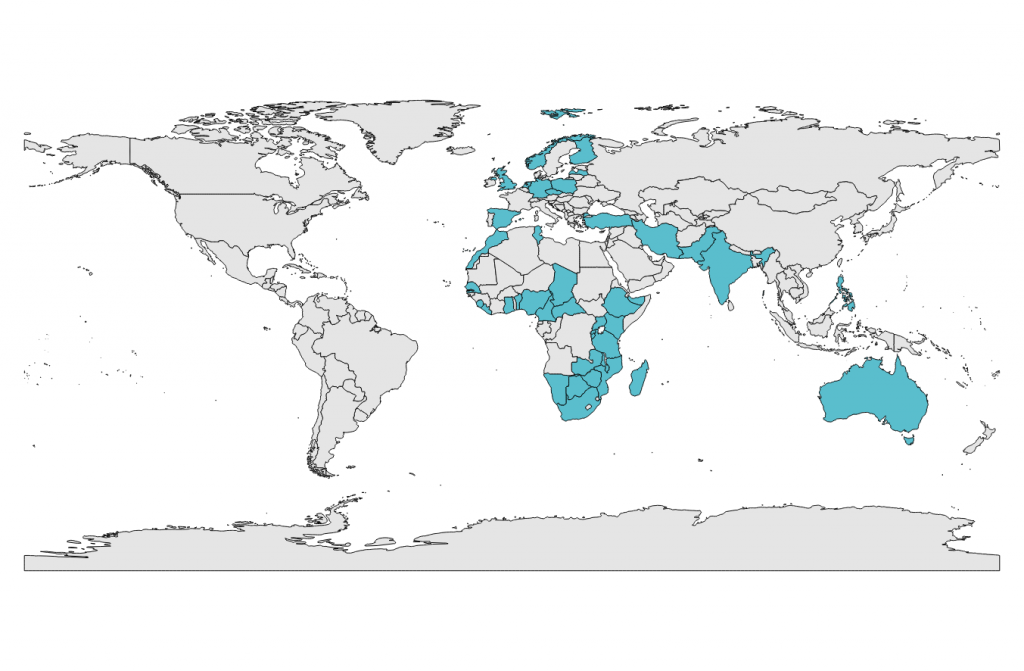This is the team no. 3 for the Patras DataBio Hackathon 2019.
Team mentors: Michal Kepka, Raitis Berzins
Description: The aim of this team is to test visualisation frameworks for sensor data. Sensor data are important part of spatial data. Effective and interactive visualisation of such data in the form of charts, maps and tables brings more information to users. There are plenty of chart libraries for sensor data in different level of interactivity and development freedom. During this hackathon we would like to test a visualisation grammar – Vega, that is declarative language for creating, saving, and sharing interactive visualisation designs. With connection to SensLog we will test visualisation of sensor data produced by different types of agrometeo sensors.





